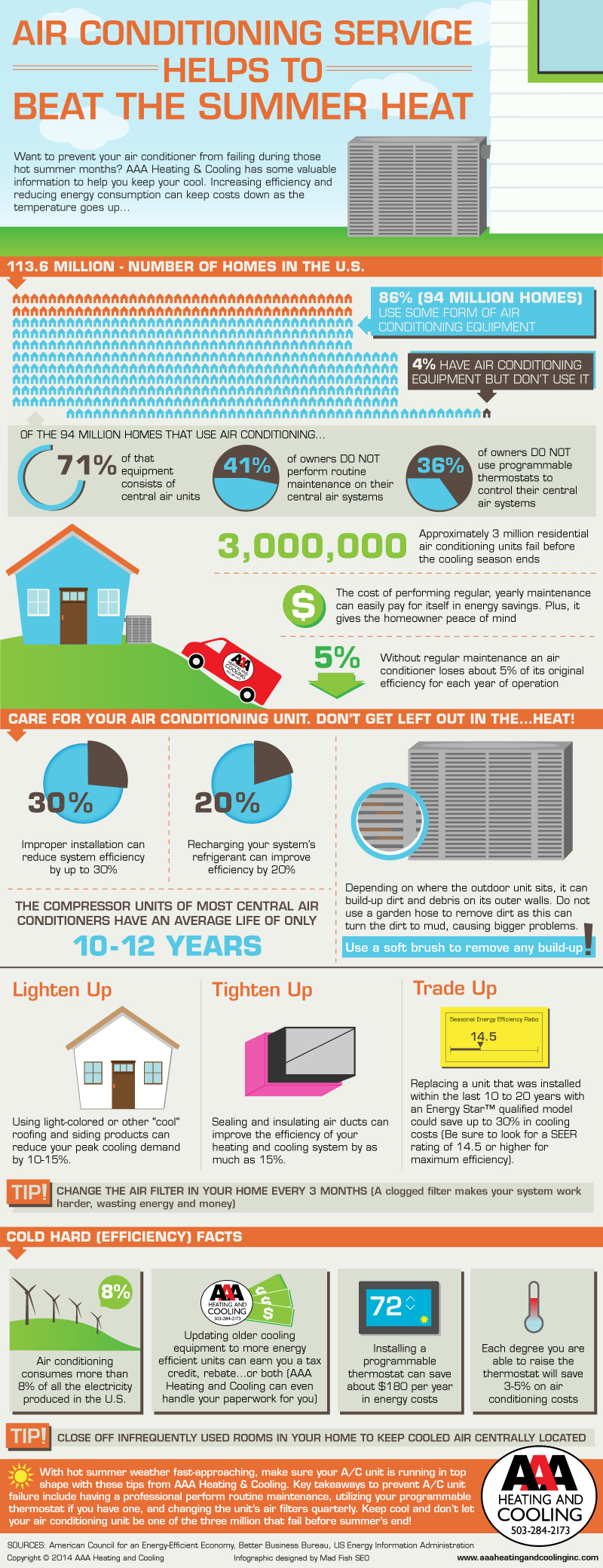Exactly How Weather Condition Impacts Heat Pump Performance And What You Can Do About It
Exactly How Weather Condition Impacts Heat Pump Performance And What You Can Do About It
Blog Article
Web Content By-Pacheco Termansen
When it pertains to your heatpump, weather plays an important function in its efficiency. From freezing https://gcoem.org/texas-department-of-insurance/ to sweltering heat, each element can affect just how successfully your system operates. Yet what can you do to deal with these weather-related obstacles and guarantee your heat pump is working at its finest? Stay tuned to find sensible pointers and strategies to maximize your heatpump's efficiency, no matter the weather it encounters.
Weather Aspects Impacting Heatpump Efficiency
Weather elements have a substantial impact on the effectiveness of heat pumps. One crucial aspect is temperature. Heatpump work by moving heat from outdoors to inside throughout winter months and the other way around in summer season. As temperatures drop, it comes to be harder for the heatpump to extract heat from the outdoors air, reducing its performance.
An additional crucial element is moisture. High humidity levels can make it more tough for the heat pump to launch warmth during the cooling procedure.
In addition, wind rate plays a role. Strong winds can dissipate the warmth soaked up or released by the heat pump, influencing its overall performance.
Tips for Optimizing Heat Pump Efficiency
To improve the effectiveness and long life of your heatpump, carrying out a few crucial techniques can make a considerable distinction in its performance.
First of all, make sure routine upkeep by cleansing or replacing filters every 1-3 months to avoid air movement clogs and take full advantage of airflow. Furthermore, timetable annual expert assessments to spot and attend to any kind of prospective concerns at an early stage.
Optimum thermostat setups additionally play an important role. Throughout the wintertime, aim for a temperature setup that's as low as comfortable, and during the summer season, set it as high as comfy to reduce the workload on your heatpump. Using a programmable thermostat can aid you immediately change setups based upon your schedule.
Furthermore, securing leaks in ductwork and shielding ducts in unconditioned rooms can protect against power loss and enhance general system performance.
Last but not least, consider mounting a clever thermostat that can discover your behaviors and readjust setups appropriately, more optimizing your heatpump's performance. By complying with these suggestions, you can ensure your heatpump operates efficiently and effectively throughout the year.
Best Practices for Weatherproofing Your Heatpump
For ideal efficiency and performance of your heatpump, carrying out weatherproofing actions is essential. Begin by sealing any kind of voids or cracks around doors, home windows, and ductwork to avoid heat loss and maintain a consistent interior temperature level.
Shield exposed pipelines and ducts to prevent cold throughout cold weather and make sure appropriate air flow. Take into consideration setting up a safety cover over the outside system to secure it from rough weather condition components like snow, ice, and debris.
Routinely tidy the outside unit to remove dust, leaves, and particles that can block air movement and decrease efficiency. In addition, keep the location around the heatpump clear of snow, ice, and plant life to allow for correct ventilation.
Conclusion
Now that you understand exactly how weather affects your heatpump performance, you can take aggressive steps to optimize its performance. By following the pointers laid out in this post, such as normal upkeep, thermostat modifications, and weatherproofing procedures, you can make sure that your heat pump runs at its finest regardless of the climate condition. Stay successful and keep your home comfy throughout the year.
